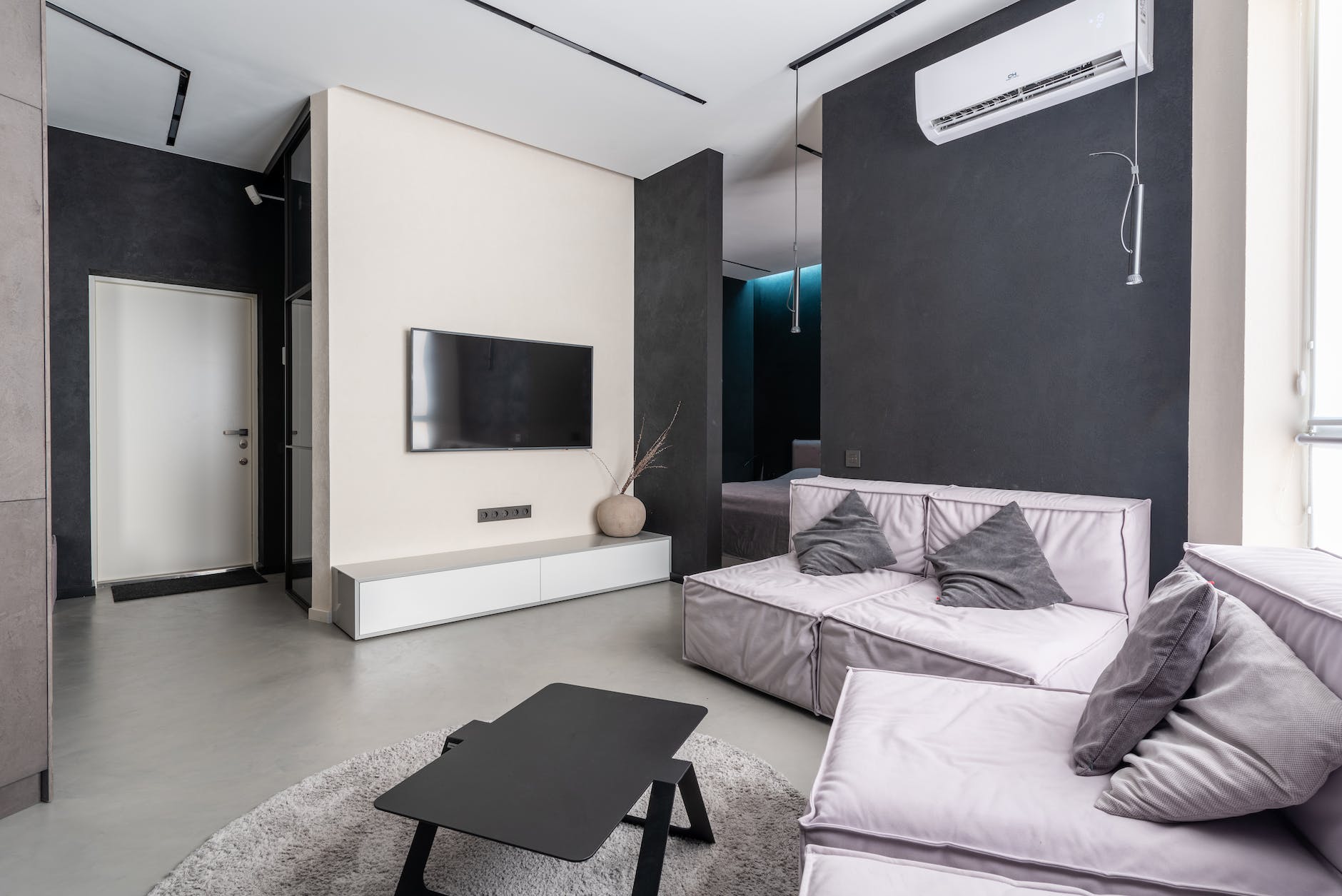
Air conditioner
Installing an air conditioner offers a host of benefits that go beyond just keeping your home cool. One key advantage is the improvement in indoor air quality. Modern AC units come equipped with advanced filters that can remove pollutants and allergens, providing cleaner and healthier air for you and your family. This can greatly benefit those with allergies or respiratory conditions, promoting better overall well-being.
A professionally installed air conditioner also offers energy efficiency, which can lead to cost savings in the long run. By ensuring that the system is optimally set up and running at its peak performance, you can expect lower energy bills while enjoying the cool comfort of your home or office space. With these compelling advantages in mind, it’s time to get in touch with air conditioning experts who can guide you through the process of selecting and installing an efficient AC system tailored to your specific needs. Don’t miss out on reaping these amazing benefits – contact professionals today!
Research has shown that working or living in hot, uncomfortable environments can lead to decreased concentration and cognitive function. By maintaining a comfortable temperature, an AC system can contribute to increased focus and efficiency, whether at work or at home. Overall, investing in an air conditioning system not only improves physical comfort but also enhances the quality of life through better health and increased productivity.
Air conditioners have evolved from being a luxury to a necessity in modern life. Apart from providing comfort in hot weather, they offer numerous health benefits that contribute to overall well-being. Let’s delve into the advantages of installing an air conditioner and how it positively impacts health.
Why Use an Air Conditioner?
Temperature Regulation: Air conditioners maintain comfortable indoor temperatures, reducing heat-related discomfort and potential health issues during hot weather.
Humidity Control: They help in controlling indoor humidity levels, minimizing the growth of mold, bacteria, and other allergens that thrive in humid environments.
Improved Air Quality: Air conditioners equipped with filters can effectively trap dust particles, pollutants, and allergens, leading to improved indoor air quality.
Better Sleep Quality: A cooler and more comfortable environment facilitated by air conditioning often leads to improved sleep quality and duration.
Reduced Dehydration: Cooler temperatures indoors prevent excessive sweating, reducing the risk of dehydration during hot weather.
Heat-Related Illness Prevention: By preventing overheating, air conditioners aid in preventing heat-related illnesses such as heat exhaustion and heatstroke.
Allergen Control: Filtering air reduces the presence of allergens like pollen, pet dander, and dust mites, offering relief for allergy sufferers.
Respiratory Health: Improved air quality contributes to better respiratory health, reducing the risk of respiratory conditions and allergies.
Enhanced Concentration: A comfortable environment can enhance concentration and productivity, particularly in work or study settings.
Relief for Medical Conditions: For individuals with certain medical conditions aggravated by heat, air conditioning provides relief and comfort.
FAQs
Do air conditioners negatively impact health?
When maintained properly and with clean filters, air conditioners generally do not negatively impact health.
Can air conditioning worsen allergies?
Clean and well-maintained air conditioners with filters can reduce allergens, benefiting allergy sufferers.
Do air conditioners spread germs or diseases?
Properly maintained air conditioners with clean filters do not spread germs or diseases.
Can air conditioning help with asthma?
Cleaner air provided by air conditioning can ease breathing for individuals with asthma, but regular filter cleaning is crucial.
How often should air conditioner filters be cleaned?
Filters should ideally be cleaned or replaced every 1-3 months, depending on usage and filter type.
Do air conditioners dry out the air?
While they can remove humidity, excessive drying of the air can be prevented by adjusting settings or using humidifiers.
Can air conditioning cause headaches or fatigue?
Overly cold temperatures or poor ventilation in air-conditioned spaces can sometimes cause discomfort leading to headaches or fatigue.
Are there risks of overusing air conditioning?
Prolonged exposure to extremely cold temperatures might lead to minor discomfort, but proper usage mitigates risks.
Can air conditioning affect skin health?
Extremely dry air from air conditioning might contribute to dry skin, but using a humidifier can help maintain moisture levels.
Is it advisable to leave air conditioning on overnight?
It’s generally safe, but setting moderate temperatures and ensuring proper ventilation is advisable.
Do air conditioners increase electricity bills significantly?
Energy-efficient models and proper usage can help minimize the impact on electricity bills.
Can air conditioners help control indoor odors?
Filters in air conditioners can trap particles that cause odors, contributing to fresher indoor air.
Do air conditioners provide relief for menopause symptoms?
Maintaining cooler indoor temperatures can offer relief from menopause-related hot flashes and discomfort.
Can air conditioning impact mental health?
A comfortable environment provided by air conditioning can positively impact mental well-being.
Do portable air conditioners offer the same health benefits?
Portable units with proper filtration systems can provide similar health benefits, but maintenance is crucial.
Conclusion
Air conditioners offer a multitude of health benefits beyond just cooling the air. From improving indoor air quality to preventing heat-related illnesses and promoting better sleep, these systems significantly contribute to creating comfortable and healthy indoor environments. Proper maintenance and regular cleaning of filters are essential to maximize these health advantages while enjoying the cooling benefits of air conditioning.
When used responsibly and appropriately, air conditioners can effectively enhance overall well-being and provide comfort, particularly during hot and humid climates or seasons.






